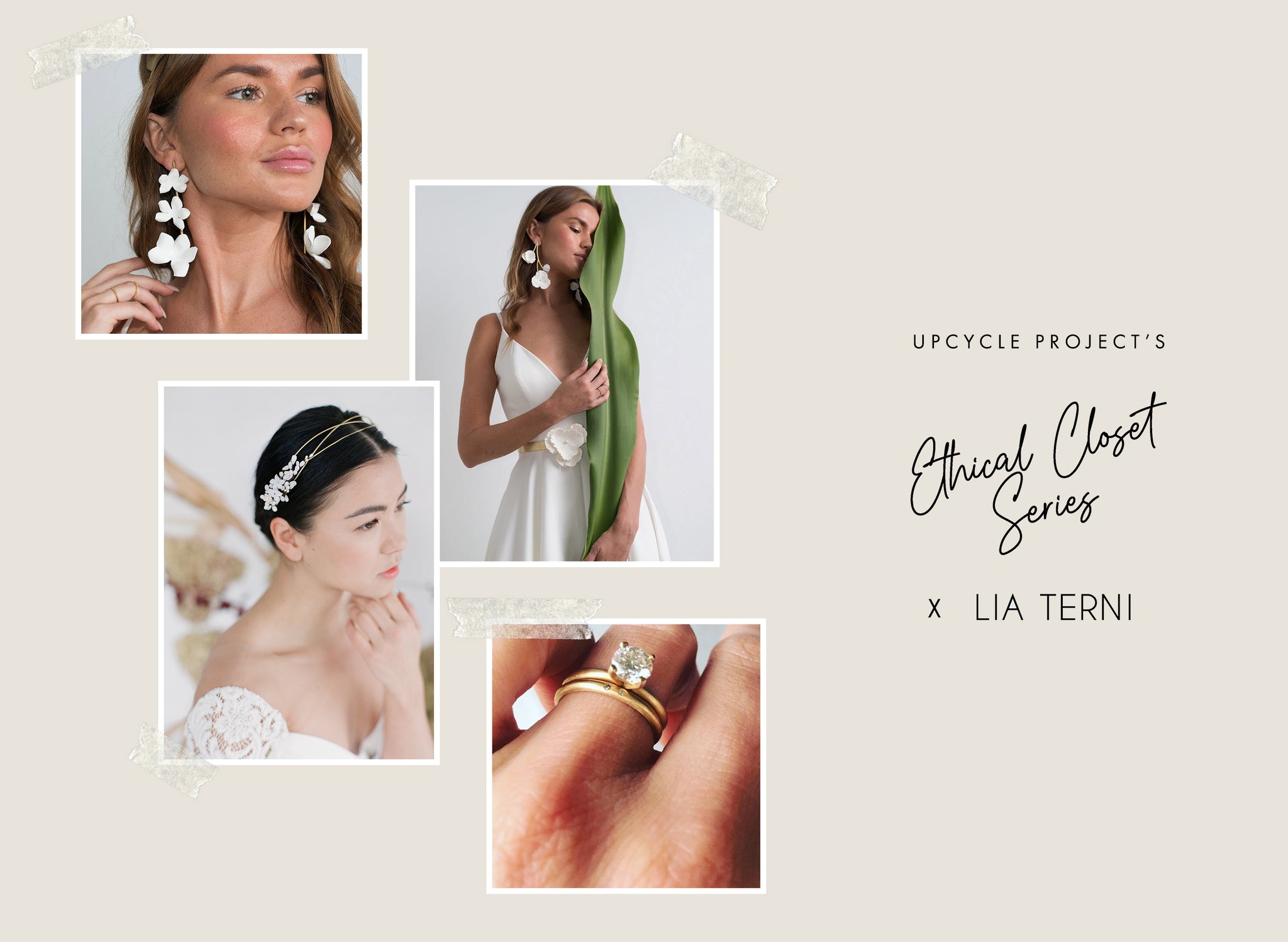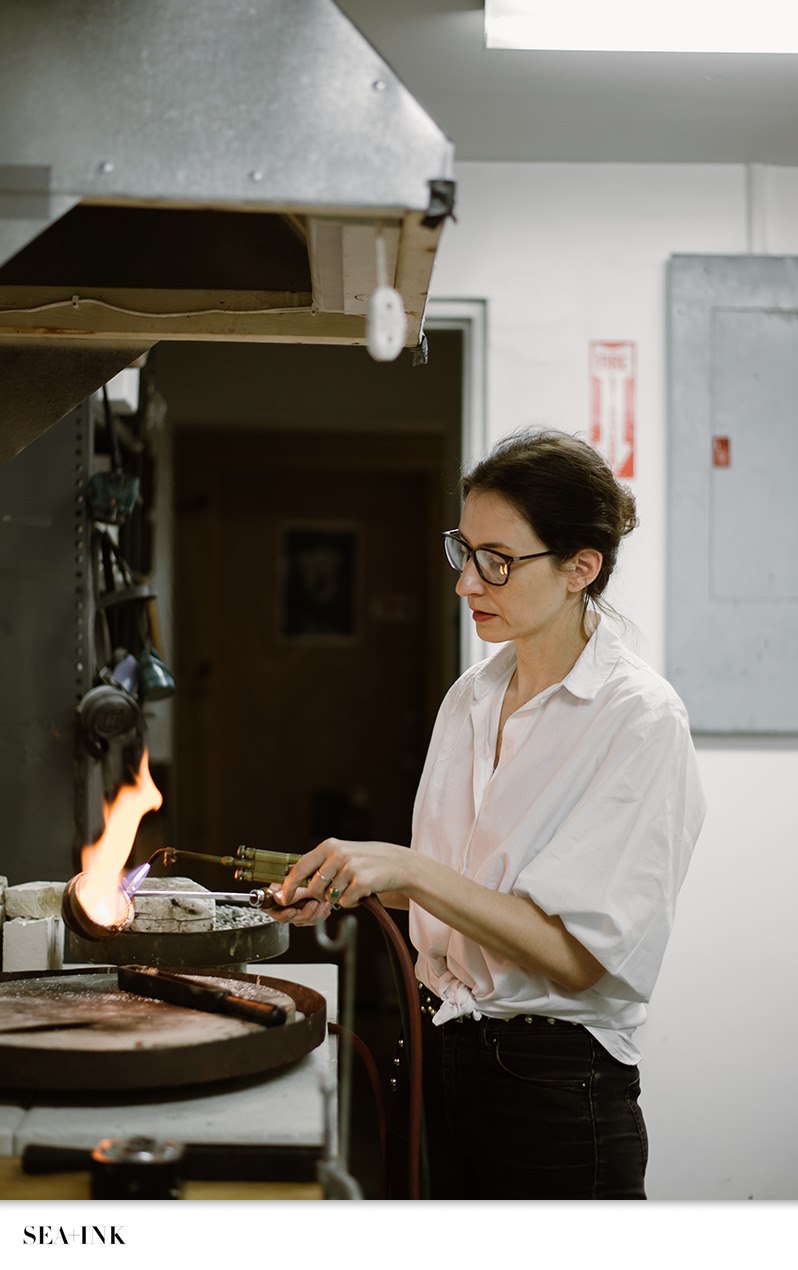
Joining our Ethical Closet Series this week is the ethical jewelry designer Lia Terni!
Art and architecture are qualities used in the design, process, and creation of each Lia Terni, which through its artistic sensibility share a world with each of the pieces.
Lia was born in Brazil and comes from an Italian background. She has lived abroad in many cities, she has nourished various artistic qualities that are revealed in her creations. She decided to take her involvement with jewelry design a level further and became the first designer in Spain to work with Eco Gold.
Recently moving to Miami, Florida she has continued this passion and evolving her work creating beautiful ethical jewelry design using recycled and eco-friendly metals, showing us that we can make wondrous things from sustainable products.
UP: Tells us about your brand, why did you start your label?
LT: My brand was born 17 years ago from the desire to bring the bridal jewelry market a different approach. I was tired of seeing super cool stylish girls that I could not recognize on their wedding days so much was the style gap. I felt there was a necessity to give to these girls something much more contemporary to the times we were living. A lot of things have changed and today brides have better options from dresses to ceremony.
By the time I decided to go the sustainable route I was already consulting for fashion accessories brands for 10 years and I was really sick of watching the production cycles of waste and injustice. In 2011 the brand matured turned its focus to more sustainable practices and standards. Circular design became part of the process, creating pieces that could be worn again and again or with the possibility of rental. The idea was to source fair and also not produce waste, using upcycled materials or Fairmined metals.
Lia Terni jewelry was the first Spanish brand and among the first 25 European brands to bring the concept of sustainable and ethical jewelry, and the first one certified to use the Fairmend stamp to its jewelry. We have been featured in Vogue, Harpers Bazaar, Rob Report, and most of the bridal special magazines, relevant newspapers, and webs.
Sustainable is the new luxury is my manifesto.
UP: How do you choose your materials?
LT: I use Fairmined gold and silver for the wedding rings. Fairmined is a certification that means no children are involved in the mining process, artisanal mining is made with no chemicals for the metal separation and 15% of the premium is invested in the community.
I also work with my client's own gold, upcycling broken jewelry that they don't wear. It's an interesting process to transform not loved jewelry into a very loved one. It's also comforting for them to know that family treasures are not in a box but being worn. This process has an alchemy taste.
For the tiaras has become more difficult to trace the brass but we try our best to produce with the least waste and respecting everybody involved in the process. I tend to avoid lots of stones and have been adding more ceramics for the details. This way I can trace production and involve amazing hard work women ceramists!
UP: What country do you manufacture in?
I still produce my samples and most of my tiaras in Madrid. The wedding rings are produced in the US for US orders and in Madrid for European orders.
UP: How do you assure they are paid fairly?
LT: I agree with them a fair price per piece produced on the standards of the country they are in.
We are in daily contact.
UP: How many collections do you make a year?
LT: I am launching one collection per year, presented in New York every October. My business model works with orders only, which reduces waste.
 UP: Which one is your favorite piece in this collection
UP: Which one is your favorite piece in this collection
LT: I believe the most iconic one is the Back Leaf tiara from the Fine Line collection.
UP: What advice do you have to create an ethical closet?
LT: I would say buy less and better design. Find your style and forget trends. A good design resists time. I buy less quantity, and only pieces from brands that produce with responsibility and consignment shops. I think it is important to keep in mind the perspective that we are in a process of transformation and that we currently live on a system where things are build to waste, we consume and do not think about it. I would say make small commitments to yourself, little by little.




